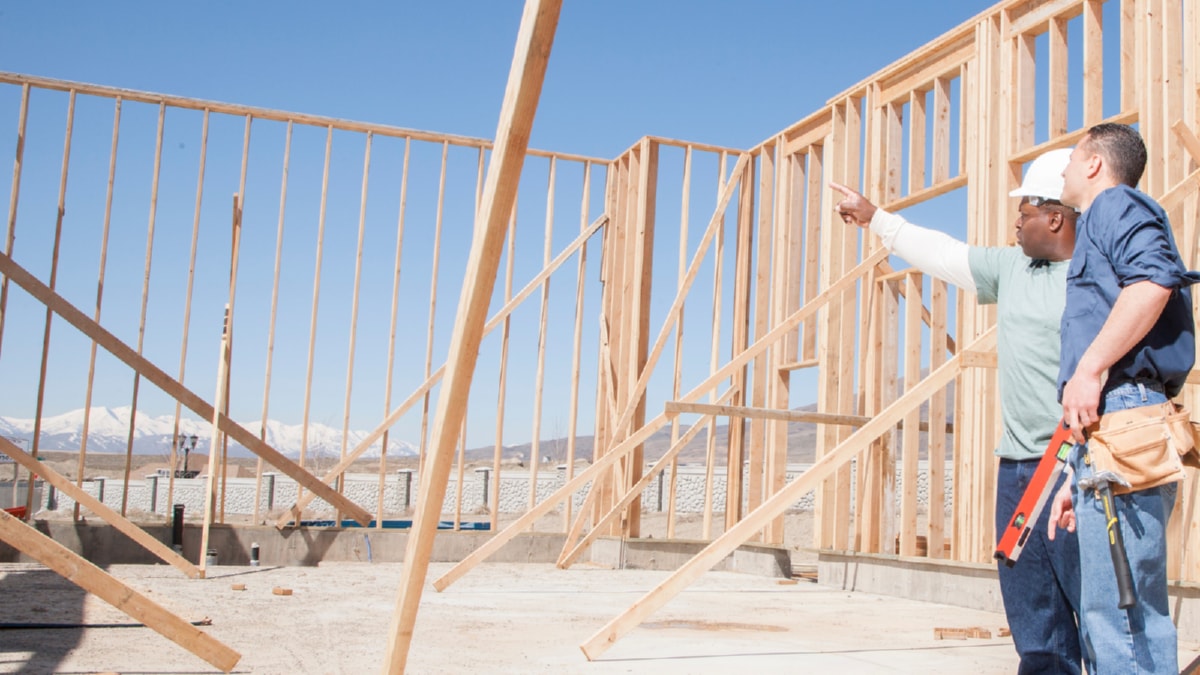The technological landscape in the construction industry has been undergoing a dramatic transformation over the last few years. This shift has had significant implications for modern construction practices, paving the way for increased efficiency, enhanced safety, better project management, and remarkable cost savings. Understanding the impact of technology on modern construction practices is instrumental in positioning businesses to better harness these advancements and stay ahead in the competitive construction landscape.
One of the most significant technological breakthroughs in construction is the emergence of Building Information Modeling (BIM). BIM is a 3D model-based process that gives architecture, engineering, and construction professionals the insight and tools to efficiently plan, design, construct, and manage buildings and infrastructure. Its ability to generate and manage digital representations of physical and functional characteristics of places has revolutionized the construction process. By providing a visual overview, BIM helps in detecting potential problems in the design phase itself, thereby reducing the risk of costly on-site changes and delays.
Furthermore, the use of drones or unmanned aerial vehicles (UAVs) has become increasingly prevalent in construction. Drones offer a bird’s-eye view of the construction site, providing high-resolution images and videos that can be used for site inspections, monitoring progress, and identifying potential safety hazards. This not only increases the accuracy of site evaluations but also minimizes the risk of accidents by reducing the need for manual inspections in hazardous areas.
In addition to BIM and drones, construction software and mobile applications are also transforming the industry. These tools streamline communication, enhance collaboration, and improve project management by allowing real-time updates and sharing of data. They also enable better tracking of project timelines, resources, and costs, leading to increased productivity and profitability.
Another technological advancement reshaping the construction industry is the rise of prefabrication and modular construction powered by digital design tools. These methods involve constructing components in a controlled factory setting and then transporting and assembling them on site. This approach leads to faster construction times, less waste, and higher quality buildings due to the controlled manufacturing environment.
Lastly, the advent of sustainable technologies like solar panels, green insulation, and energy-efficient heating and cooling systems has also had a profound impact on modern construction practices. These technologies are not only environmentally friendly but also cost-effective in the long run, making them increasingly popular in the construction industry.
In conclusion, the impact of technology on modern construction practices cannot be overstated. From improving design and planning processes through BIM to enhancing safety and efficiency with drones and construction software, technology is revolutionizing the construction industry in myriad ways. Moreover, the rise of prefabrication and sustainable technologies is not only changing how buildings are constructed but also redefining the very concept of what a building can be. As we look to the future, it is clear that technology will continue to play a pivotal role in shaping the construction industry, driving innovation, and pushing the boundaries of what is possible.
For more details, check best masonry services or visit their business listing here.



